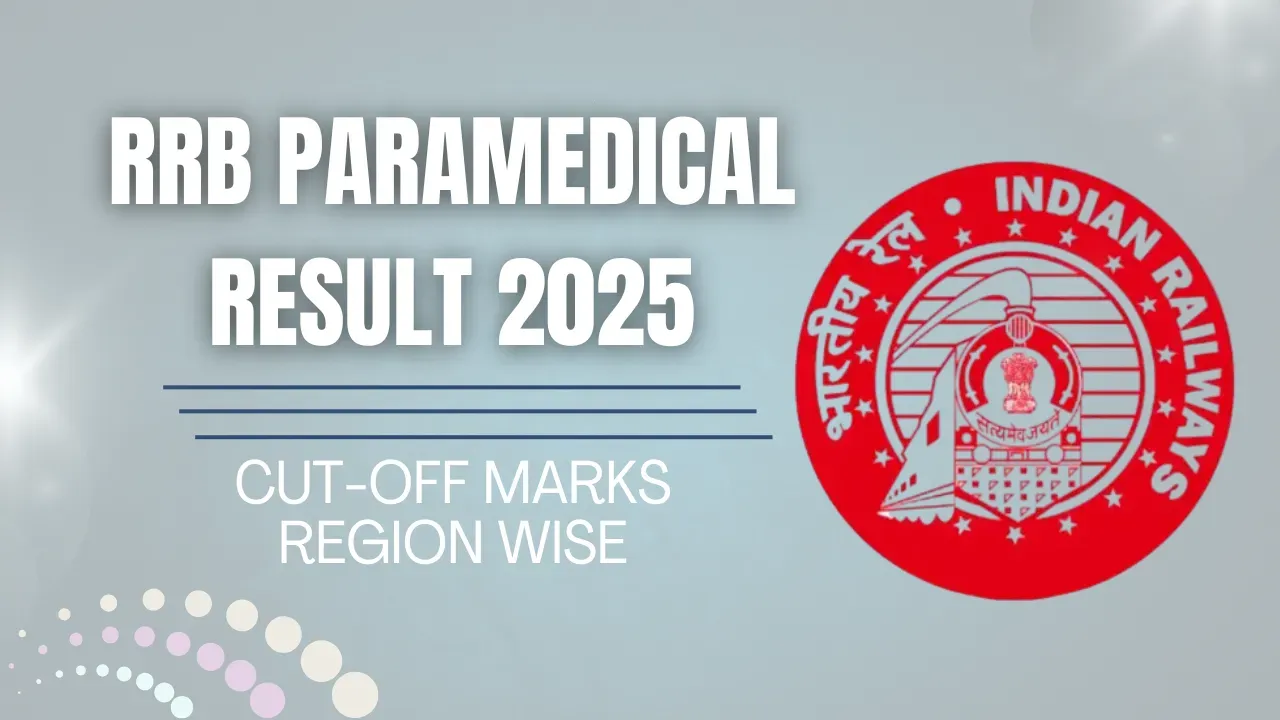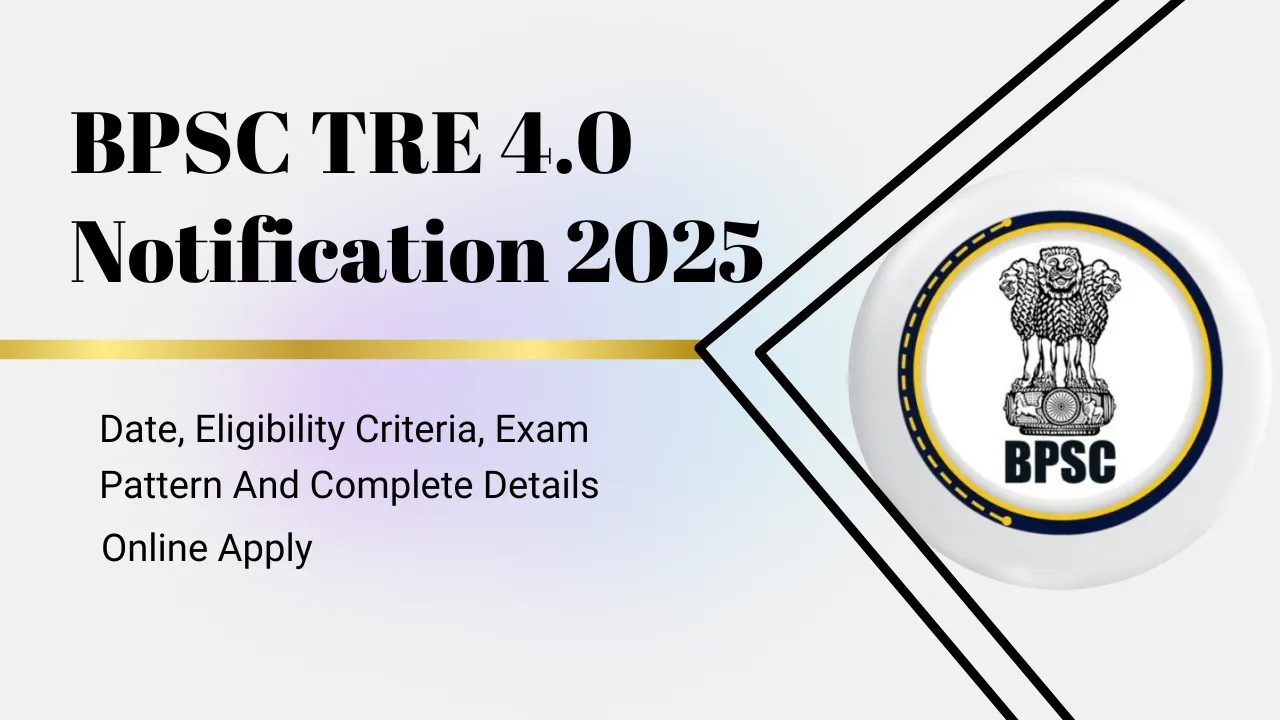UK Allowance Pitfalls 2025: Applying for financial support through the UK’s benefits system can be a lifeline for many, especially the elderly and disabled. However, navigating the process is not always straightforward. In recent years, thousands of Attendance Allowance claims and other benefit applications have been rejected—not because applicants were ineligible, but because of common, avoidable mistakes. These issues have raised concerns about how the system operates and whether it is fair to those in need.
Understanding the UK Allowance Pitfalls 2025 is essential for anyone applying for support, whether it’s Attendance Allowance, Personal Independence Payment (PIP), or tax credits. Knowing the types of available benefits, the common pitfalls, and how to avoid them could significantly increase the chances of your application being approved.
UK Allowance Pitfalls 2025
The UK Allowance Pitfalls 2025 spotlight errors and misunderstandings that frequently lead to claim rejections. Attendance Allowance, designed for people over State Pension age with physical or mental health issues, is one of the most affected benefits. Many claims are refused due to missing information, vague answers, or misreported care needs. With the DWP (Department for Work and Pensions) reviewing thousands of applications each year, small mistakes can make a big difference.
The current system allows eligible citizens to claim support, but it demands accuracy, clarity, and detailed documentation. From failing to provide enough evidence to not updating changes in health conditions, claimants often fall into traps that are easily avoidable with the right guidance and preparation.
Overview of UK Allowance Pitfalls 2025
| Allowance Type | Purpose | Common Pitfall |
| Attendance Allowance | Supports people over State Pension age with care needs | Incomplete forms and missing medical evidence |
| Personal Independence Payment (PIP) | Helps with daily living and mobility for people under pension age | Misreporting symptoms or overstating/understating needs |
| Pension Credit | Extra income for those on low pensions | Failure to reapply after financial or health changes |
| Disability Living Allowance | Support for disabled children | Believing ineligibility due to not having a carer |
| Universal Credit & Tax Credits | Monthly financial support based on income | Missing deadlines or providing incorrect income info |
Attendance Allowance Pitfall
Attendance Allowance is vital for elderly individuals who need support with daily activities due to illness or disability. However, a large number of applications get denied, often because the form isn’t filled out properly or the applicant doesn’t fully explain their daily care needs.
Many people downplay how much help they actually need. On the flip side, others exaggerate their symptoms, which can cause suspicion. Both underreporting and overreporting can hurt your chances. It’s best to be honest and clear, detailing your symptoms, how often you need help, and what kind of assistance you receive. Supporting documents like GP letters, medication lists, and hospital discharge summaries can improve your application significantly.
Types of Pitfall in Allowance in the UK
A growing number of appeals for benefits like PIP have revealed flaws in how assessments are handled. Data shows that 59% of successful PIP appeals were due to errors made by DWP—even when using the same evidence initially submitted. This highlights how inconsistencies and improper evaluations can leave deserving applicants without support.
Common pitfalls include:
- Failing to explain the frequency of care needs
- Missing out on reporting certain symptoms
- Not including key medical or care documentation
- Failing to review decisions or reapply when health worsens
Even when eligible, people sometimes give up after a denial. It’s important to remember that health conditions change, and so can your eligibility. If your situation gets worse, consider reapplying.
Pitfalls All Citizens Must Avoid
There are several critical mistakes applicants of all backgrounds must avoid when applying for UK allowances:
- Withholding Information: This is a major cause of rejection. Always provide specific details about your condition and how it affects your life.
- Assuming Financial Ineligibility: Attendance Allowance is not means-tested. Many people wrongly think they don’t qualify because they have savings or a certain income level.
- Not Reporting Daily Struggles: Activities like getting dressed, using the toilet, or remembering to take medicine must be documented.
- Ignoring Changes in Health: If your condition changes after a rejection, reapply. Don’t assume a previous denial means you can’t receive future support.
People who think they are ineligible because they live in a care home or already have a carer may still qualify. Eligibility is based on your need for care, not your living situation or whether someone helps you.
How to Avoid Pitfall in Allowances
Improving your chances of a successful claim starts with proper preparation. Here’s how to avoid falling into common traps:
- Get Help: Speak to charities, your GP, or helplines like the Attendance Allowance helpline. They can guide you through the application process.
- Use Official Resources: The DWP provides tools and examples to help applicants fill out forms correctly.
- Get a Second Opinion: Ask a trusted friend, family member, or medical professional to review your form. A second set of eyes can catch errors or vague answers.
- Be Consistent: Make sure that what you write in your form matches any medical reports or statements you include.
- Appeal if Needed: If you’re rejected, you have the right to appeal. Many people succeed when they challenge a decision—especially if their health has worsened or if they can submit stronger evidence.
All We Know
The current benefits system has come under fire from experts and charities. Anela Anwar from Z2K, a charity that supports people denied benefits, said the government’s mistakes are “unforgivable.” Many claimants were wrongly turned away, leading to increased financial strain—especially during periods of high inflation and economic uncertainty.
While the DWP claims to be improving its approach and that only 5% of PIP claims are overturned, this still represents thousands of people who are wrongly assessed. A fairer, clearer system with better communication and guidance is essential to ensure people get the help they’re entitled to without unnecessary stress.
FAQs
1. Is Attendance Allowance means-tested?
No, Attendance Allowance is based on care needs, not income or savings.
2. Can I apply if I live in a care home or have a carer?
Yes, you may still be eligible if you meet the care requirements.
3. What is the biggest mistake in allowance applications?
Incomplete forms or vague descriptions of care needs are the most common pitfalls
4. Should I reapply if my health changes after a rejection?
Yes, always reapply if your condition worsens or you develop new symptoms.
5. How can I get help with my application?
You can contact the DWP, use their resources, or seek help from charities and helplines.
Final Thought
The UK Allowance Pitfalls 2025 are not just about paperwork—they reflect deeper issues in how support is provided to those who need it most. If you or someone you know is applying for benefits like Attendance Allowance, understanding the process, avoiding common mistakes, and seeking support can make a real difference.
Don’t be discouraged by a rejection. Learn, reapply, and share this article to help others navigate the UK benefits system more confidently.
















